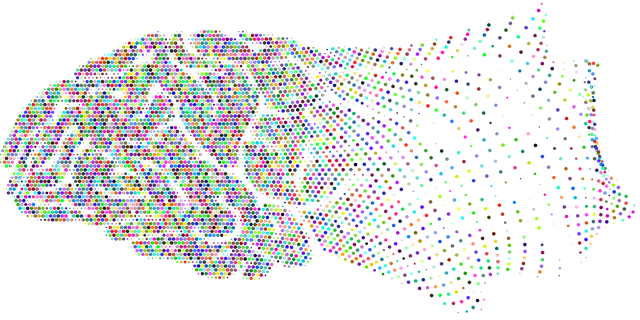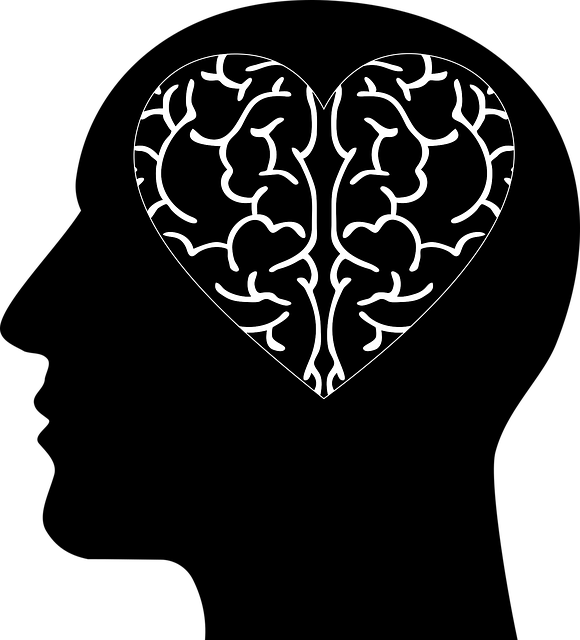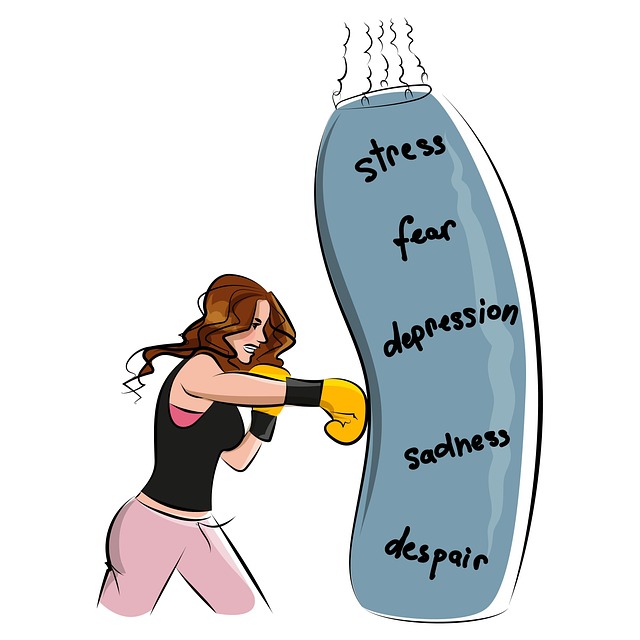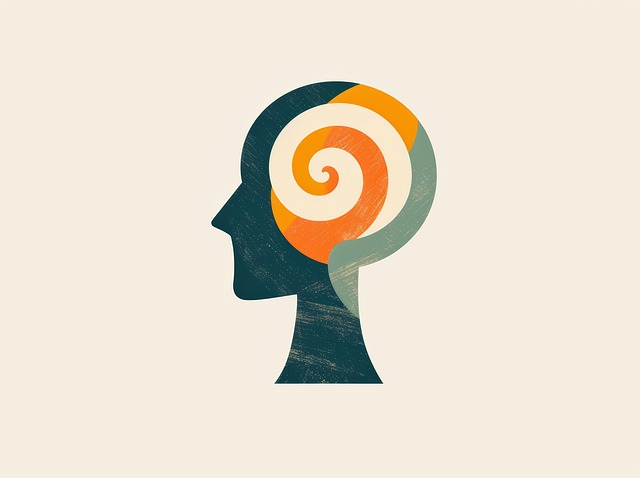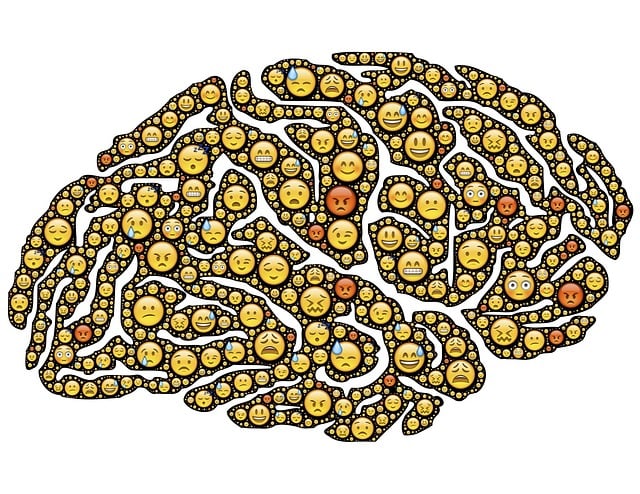Mental wellness groups in settings like Boulder Child Abuse Therapy provide a unique, supportive environment for individuals to share experiences, gain support, and learn from diverse perspectives. Facilitators navigate this complex landscape through open communication, prioritizing safety and respect. Techniques such as active listening, empathy, and crisis intervention build trust, encourage emotional expression, and foster personal growth. These strategies, combined with community-focused initiatives, equip members with coping strategies to manage stress and promote mental wellness in a safe, supportive atmosphere, as exemplified by Boulder Child Abuse Therapy.
In today’s digital era, mental wellness group facilitation is gaining prominence, especially in contexts like Boulder Child Abuse Therapy. This article explores crucial techniques for facilitators navigating complex group dynamics. We delve into understanding mental health nuances, implementing effective communication strategies, and creating safe spaces. Additionally, we discuss specific activities that promote healing and growth within these supportive environments. By mastering these skills, facilitators can revolutionize therapeutic outcomes in a bustling therapy landscape.
- Understanding Mental Wellness Group Dynamics
- Effective Communication Strategies for Facilitators
- Techniques to Foster a Safe and Supportive Environment
- Promoting Healing and Growth Through Group Activities
Understanding Mental Wellness Group Dynamics

Understanding Mental Wellness Group Dynamics is a cornerstone of effective facilitation. In the setting of Boulder Child Abuse Therapy, for instance, groups offer a unique environment where individuals can share experiences, gain support, and learn from one another. The dynamics are complex; members bring diverse backgrounds, strengths, and challenges, creating a tapestry of perspectives. Facilitators must navigate this labyrinthine landscape, fostering open communication while ensuring safety and respect for all participants.
Resilience Building is often at the heart of these interactions. By promoting a sense of community, groups can help individuals develop coping strategies and enhance their ability to manage stress and mood fluctuations. Crisis Intervention Guidance plays a vital role in addressing immediate concerns, while Mood Management techniques enable members to regulate their emotional states during group discussions. These aspects collectively contribute to creating a supportive atmosphere that encourages personal growth and healing.
Effective Communication Strategies for Facilitators

Effective communication is a cornerstone of successful group facilitation, especially when addressing sensitive topics like child abuse therapy in Boulder. Facilitators play a vital role in creating a safe and supportive environment where participants feel heard and respected. One key strategy is active listening, where facilitators give their full attention to each speaker, paraphrasing and summarizing to ensure understanding and validate the individual’s experience. This simple yet powerful technique fosters trust and encourages open dialogue.
Additionally, emotional intelligence (EI) is an indispensable tool for group facilitators. Recognizing and managing one’s emotions, as well as understanding the emotions of others, helps in de-escalating tense situations and facilitating productive conversations. Facilitators should be mindful of their tone, body language, and word choice to create a positive atmosphere. By incorporating EI into communication strategies, healthcare providers can prevent burnout and create an environment that promotes healing and growth, much like Boulder Child Abuse Therapy centers strive for.
Techniques to Foster a Safe and Supportive Environment

Creating a safe space is paramount for effective group facilitation, especially when addressing sensitive topics like mental wellness. Techniques to foster this environment in a group setting are crucial, as they can significantly impact the participants’ willingness to open up and engage. Facilitators should emphasize confidentiality, ensuring that all discussions within the group remain private. This builds trust and encourages members to share their experiences without fear of judgment or repercussions, creating a non-threatening atmosphere.
Additionally, promoting active listening and empathy is essential. Group leaders can model these skills by reflecting on speakers’ emotions and validating their feelings. Such practices help individuals feel heard and understood, fostering a sense of belonging. Incorporating activities that encourage collaboration and positive interactions further strengthens the support system within the group, benefiting participants’ inner strength development and burnout prevention efforts, as seen in Boulder Child Abuse Therapy initiatives.
Promoting Healing and Growth Through Group Activities

Group activities play a pivotal role in fostering healing and growth among individuals seeking mental wellness support, particularly in contexts like Boulder Child Abuse Therapy. These collaborative experiences create a safe and supportive environment where participants can share their stories, engage in meaningful discussions, and learn from one another. Through activities that encourage emotional expression, problem-solving, and skill-building, facilitators can help clients develop coping mechanisms and enhance their overall mental health.
Effective group facilitation techniques, tailored to the specific needs of the Boulder community and informed by best practices in Mental Health Education Programs Design, can significantly improve outcomes. By integrating communication strategies that promote active listening, empathy, and open dialogue, facilitators enable participants to build resilience, strengthen social connections, and cultivate a sense of belonging. This supportive network is crucial for managing stress, breaking down barriers, and fostering personal growth—all essential components in the journey towards mental wellness.
Mental wellness group facilitation is a powerful tool for healing and growth, as evidenced by successful programs like those offered by Boulder Child Abuse Therapy. By understanding group dynamics, employing effective communication strategies, creating safe spaces, and incorporating therapeutic activities, facilitators can guide individuals towards improved mental well-being. These techniques not only enhance self-awareness but also foster supportive communities where members can navigate challenges together, ultimately promoting lasting positive change.

